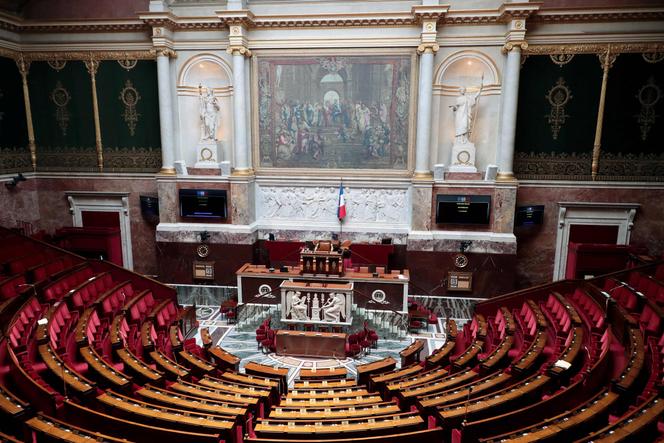


Two dates stand out in the history of dissolutions of the Assemblée Nationale in the Fifth Republic. The first, in 1962, was a success for President Charles de Gaulle, at a time when the half-presidential, half-parliamentary system born in 1958 was still finding its feet. After the Assemblée Nationale rejected a constitutional amendment to make the presidential election function by direct universal suffrage, de Gaulle's decision to send the electorate back to the polls reinvigorated his party. It also strengthened the position of his prime minister, Georges Pompidou, and established the majority system that guaranteed political stability for the following decades.
President Jacques Chirac's decision to dissolve the Assemblée Nationale in 1997 weakened the presidency and strengthened the role of parliament. It led to the emergence of a left-wing coalition, led by Lionel Jospin, which governed the country for four years.
President Emmanuel Macron announced the latest dissolution on Sunday, June 9, as the far right's aggregate score approached 40% in the European elections on the same day. The move takes the country into uncharted territory, as it comes against the backdrop of a weakening of two key players in the democratic game. The president of the Republic, who was re-elected in 2022 but lost his absolute majority immediately afterward, faces strong animosity from voters. In the past two years, the Assemblée Nationale has been unable to streamline its operations due to the weakening of the party system and the dynamics of the political extremes.
With the exception of the far-right Rassemblement National (RN), which is in great shape, all the political parties are either in a state of fragmentation (Les Républicains), great fragility (Renaissance, Europe Ecologie-Les Verts) or bitter rivalry (La France Insoumise and the Parti Socialiste). The collapse of the "republican front," the tradition by which the left and right worked together to defeat the far right, is as much the result as a symptom of this situation.
On the surface, there was no reason for Macron, the big loser of what has materialized, to try once again to blast the political game, at the risk of sacrificing his prime minister and some of his party's members of parliament. The European elections, which use a proportional voting system, have often served as a vote of defiance against governments in power.
In 2014, in a fairly comparable situation (the Socialist list had garnered just 14% of the votes cast), President François Hollande had preferred to keep a low profile because, like Macron, he had changed prime minister a few months earlier and had no intention of altering his course again. Taking this precedent into consideration, the opposition saw the RN's victory this year over the ruling coalition evening as the end of the Macronist era and as a starting point for preparing to re-establish the divide between left and right.
You have 49.35% of this article left to read. The rest is for subscribers only.
